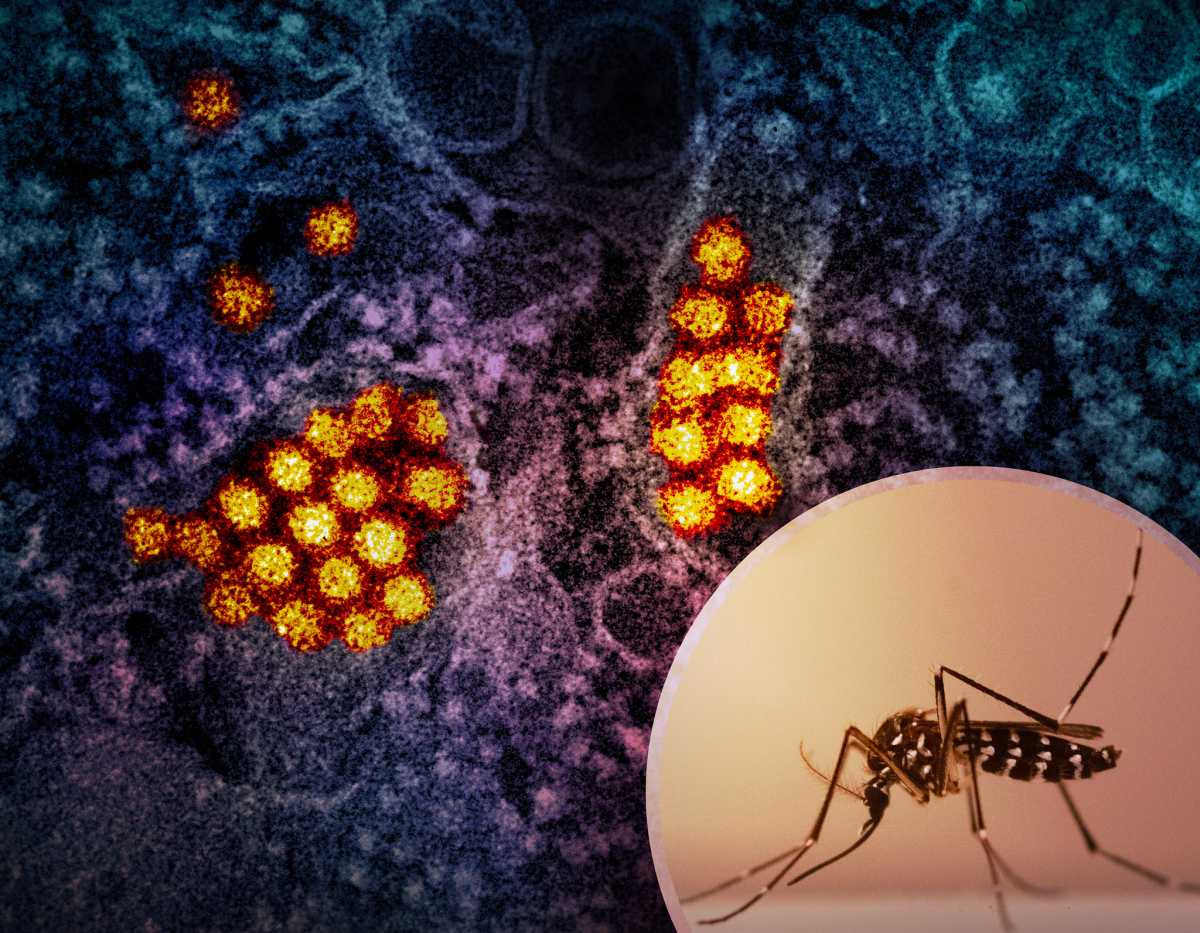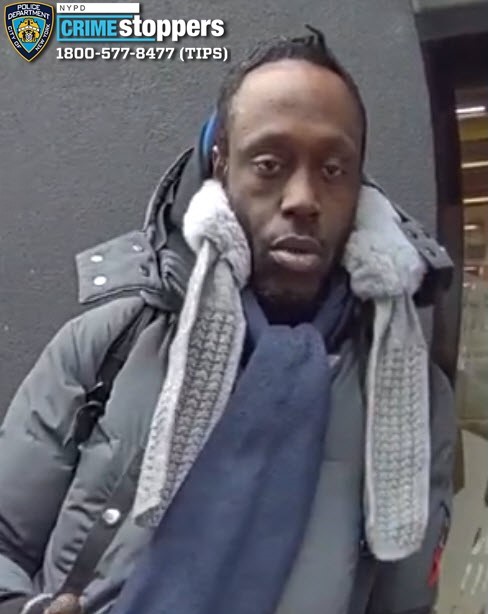A mosquito-borne illness that has sickened many people worldwide has reached the U.S. and New York, according to a health advisory from the Centers for Disease Control.
The CDC issued a health advisory at the end of last month warning the public about a spike in dengue virus infections.
“From January 1 – June 24, 2024, countries in the Americas reported more than 9.7 million dengue cases, twice as many as in all of 2023 (4.6 million cases),” the CDC shared.
Mosquito spraying in parts of Queens this month comes to the borough as healthcare professionals warn of the increase in Dengue fever cases this year and as a preventative measure for the West Nile virus.
So far in 2024, nearly 143 cases of dengue fever have been reported in the greater New York area, including Queens, Rockland, Suffolk, Kings, Bronx and Dutchess Counties.
The reported illnesses were travel-associated cases, meaning the individuals with dengue fever had contracted the illness while traveling outside the country, CDC data confirms. However, nine cases of locally acquired dengue fever were reported in Florida.
Healthcare experts say dengue fever is transmitted through bites of infected Aedes species of mosquito (also known as yellow fever mosquitos), and taking preventative measures to eliminate mosquitos is helpful to prevent infection.
The following neighborhoods in Queens are expected to undergo Mosquito spraying from the New York City Department of Health later this week:
On Wednesday, July 17, 8:30 p.m. and 6 a.m. the following morning:
- Parts of Auburndale, Bayside, Bay Terrace, Beechhurst, Broadway, Clearview, College Point, Flushing, Linden Hill, Malba and Whitestone.
The rain dates for the spraying are the days proceeding on Tuesday and Thursday at the same time.
Residents are reminded to stay indoors during the spraying, as some people may encounter short-term eye or throat irradiation if exposed to the pesticide used — a low concentration of Anvil® 10+10, Duet® or MERUS® 3.
Anyone who might have traveled and thinks they have Dengue fever should look out for the following, according to Johns Hopkins Medicine:
- Sudden high fever.
- Severe headaches.
- Pain behind the eyes.
- Joint and muscle pain.
- Nausea.
- Vomiting.
- Swollen glands.
- Rash that appears three to four days after the fever starts.
Severe cases of the disease can lead to heavy bleeding, shock or respiratory distress, experts share.
The most common methods to prevent mosquito bites are by wearing clothing that covers the skin and using insect repellent registered with the Environmental Protection Agency (EPA). Experts also suggest eliminating outdoor factors that help mosquitos grow, such as vases, flowerpots or other surfaces where water can pool.
West Nile Virus detection has been reported in Queens, Manhattan, Staten Island and the Bronx in the past two weeks and earlier in the season. Kew Gardens, in Queens, saw an early detection of the virus in mosquitos.
Symptoms of the West Nile virus can include fever, headache, tiredness, body aches, vomiting, diarrhea and rash. More severe cases can lead to high fever, headache, neck stiffness, muscle weakness, tremors, confusion, numbness and paralysis and coma.
Anyone experiencing signs of illness following mosquito bites is encouraged to visit their local healthcare provider for testing.































